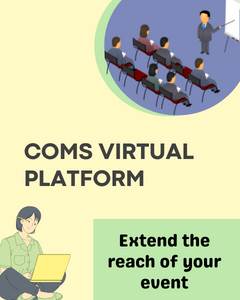Home / Conference Listings / Informatics / Information Theory, Foundations of Computer Science / Japan
Conferences > Informatics > Information Theory, Foundations of Computer Science > Japan
Select a location
1
ABZ 2026 — 12th International Conference on Rigorous State Based Methods
18 May 2026 - 20 May 2026 • Tokyo, Japan
Abstract submission deadline:
09 Feb 2026
Event listing ID:
1677045
Event website:
2
FM 2026 — 27th International Symposium on Formal Methods
18 May 2026 - 22 May 2026 • Tokyo, Japan
Event listing ID:
1677024
Event website:
Conference-Service.com offers, as part of its business activities, a directory of upcoming scientific and technical meetings. The calendar is published for the convenience of conference participants and we strive to support conference organisers who need to publish their upcoming events. Although great care is being taken to ensure the correctness of all entries, we cannot accept any liability that may arise from the presence, absence or incorrectness of any particular information on this website. Always check with the meeting organiser before making arrangements to participate in an event!
Last updated: 14 October 2025




